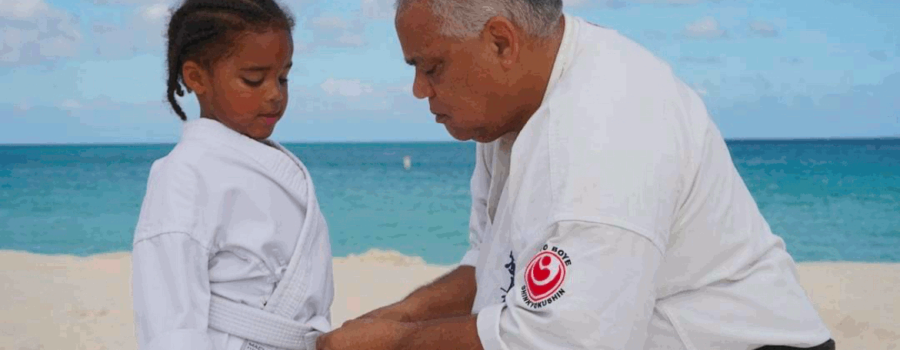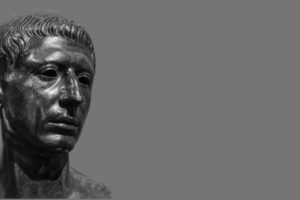Becoming stoic has responsibilities! You will gain more insight into yourself and others, react logically and rationally to situations, and people will naturally gravitate to you because of your steadfast wisdom and knowledge. Expect this to happen. Some of you may never have found yourself in a leadership role or even considered it before. Trust me, once you start becoming more reasoned in your decision-making, leadership is just part of the package. You might become or already be a leader in the military, the corporate jungle, government, a religious organization, or just among your own family or friends. Your stoic wisdom will be noticed and appreciated by others. It’s a given. Thus, like it or not, you will likely find yourself in a leadership position by default. It is best to prepare yourself mentally for such things. Let’s take a quick look at how Stoicism builds leadership traits and abilities.
The building of character and self-control to resist negative emotions is one of the foundations of stoicism. Things beyond our control include circumstances, reputation, and other people’s behavior. The internal, such as our own thoughts, deeds, and desires, are within our power. Recognizing the external and internal, what we can control and what we cannot, is the first step in stoic leadership. For stoic leadership to succeed, character development must be ongoing. To become the best version of oneself, character must be consistently improved. This provides a wonderful opportunity for character development. We owe it to those we lead as well as to ourselves to continue growing and developing.
The ability to fail is another quality that builds character. No matter their experience or degree, all of us will fail at some point. The challenge of education is to prepare individuals for failure rather than achievement. Leaders are made in the furnace of failure, which is the place where character is forged. Failure is only bad if you choose to see it that way; if not, you may use it to better yourself. It gives one the chance to mature and build one’s character, especially with the help of a mentor.
Mentorship is crucial in the Stoic tradition and necessary for the growth of leaders. The Japanese use the word “sensei” for a martial arts instructor. The sensei has often spent decades studying the specific art. They’ve learned the lessons, performed the drills, and, in many cases, put their skills to use in the real world. The student looks to the sensei for guidance on learning the art. Stoicism is very much the same. Having someone to help keep us “between the ditches” is very important when learning Stoicism. It helps to have someone to discuss your successes and failures with who will provide you with honest feedback. So, seek out and find yourself a good mentor because one day you might find yourself being a “sensei” with your own group of eager students.









Most Commented Posts